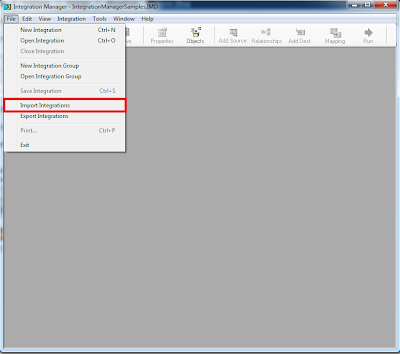From the Newsgroups: What are those GL entries with reference SALESASMxxxx?
Welcome to another edition of From the Newsgroups . The Microsoft Dynamics GP Online Partner Technical Community forum is one of those virtual places where you get to see and experience it all. One gets to become familiar with real life issues experienced by us partners keen enough to share our implementation and support issues. The following is a thread from the Online Partner Technical Community: Good afternoon. Our customer keeps getting these "mystery" GL postings [SALESASMxxxx] and wants to know why they are being generated but I cannot find any article or search that shows this document prefix for GP. Does anyone know what type of doc this is and why it may be generated automatically into GL? The answer comes courtesy of Tristan Thor Clores , a Microsoft Support Engineer. For transactions that have the SALESASM prefix in their description: These may mean that a sales invoice with a shortage override of a top level BOM (also known as finished good) was posted at one cost...








